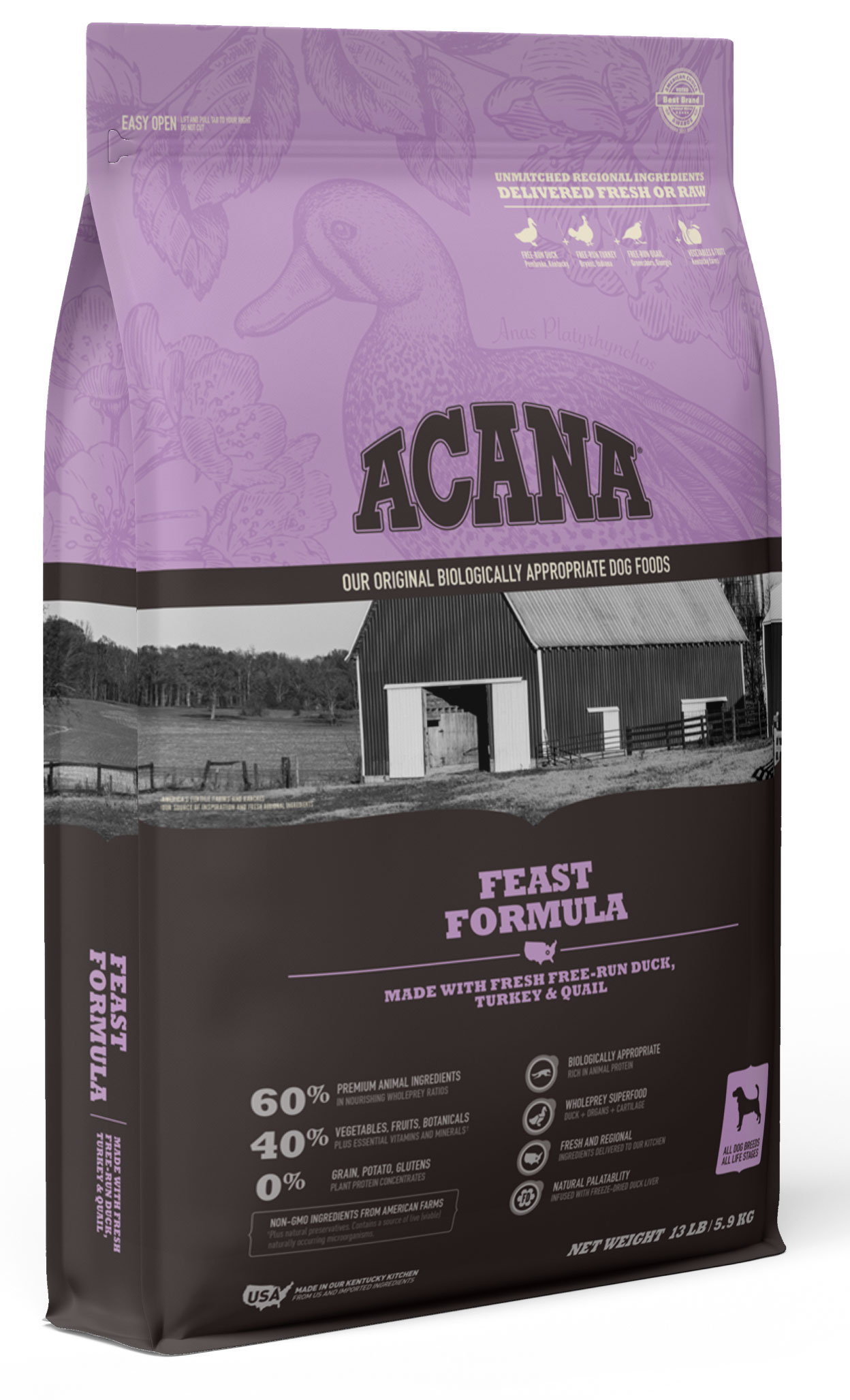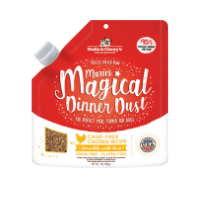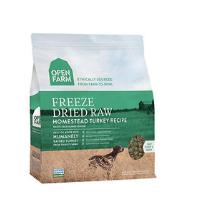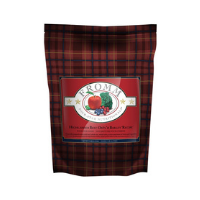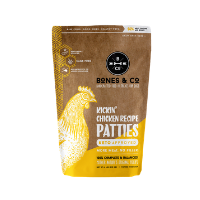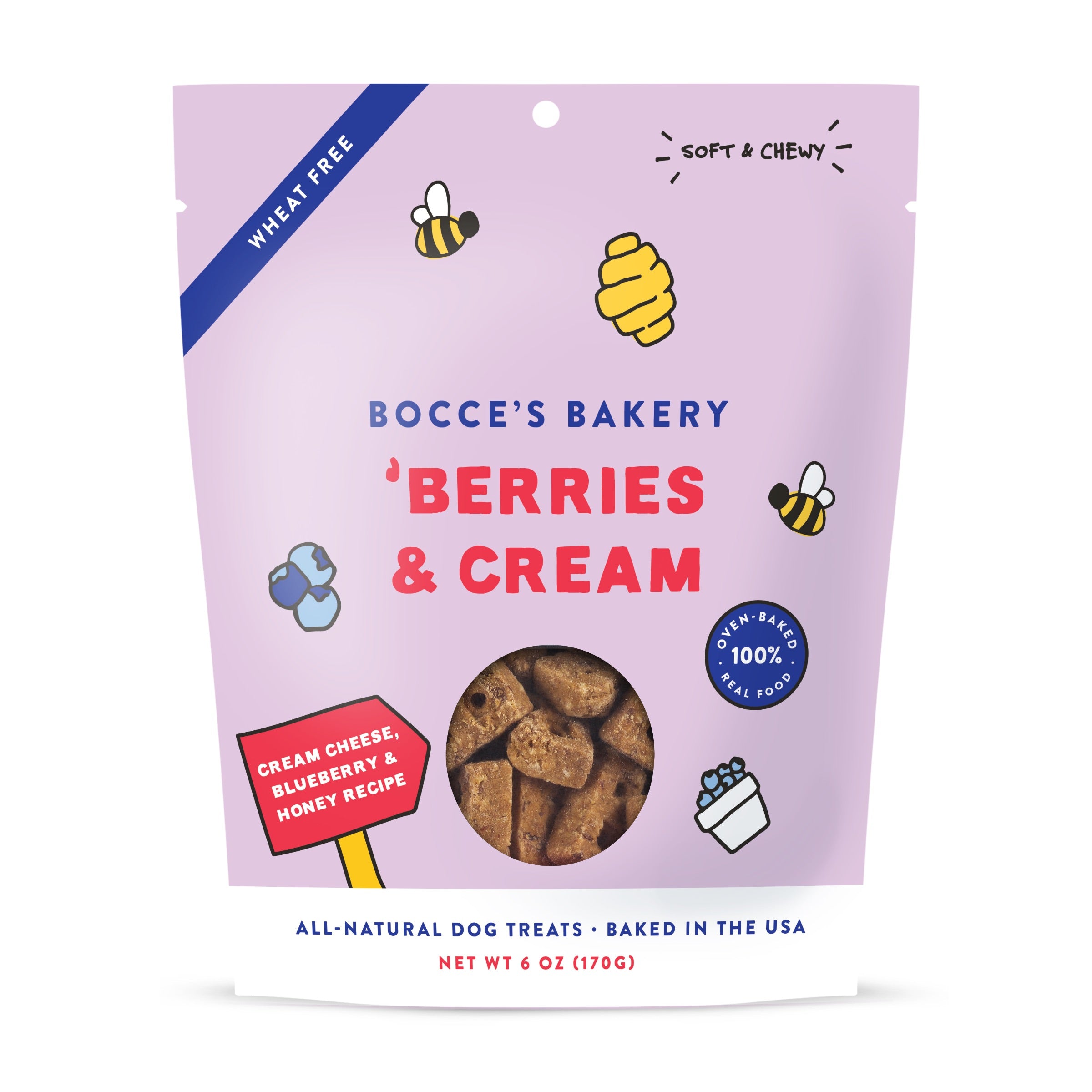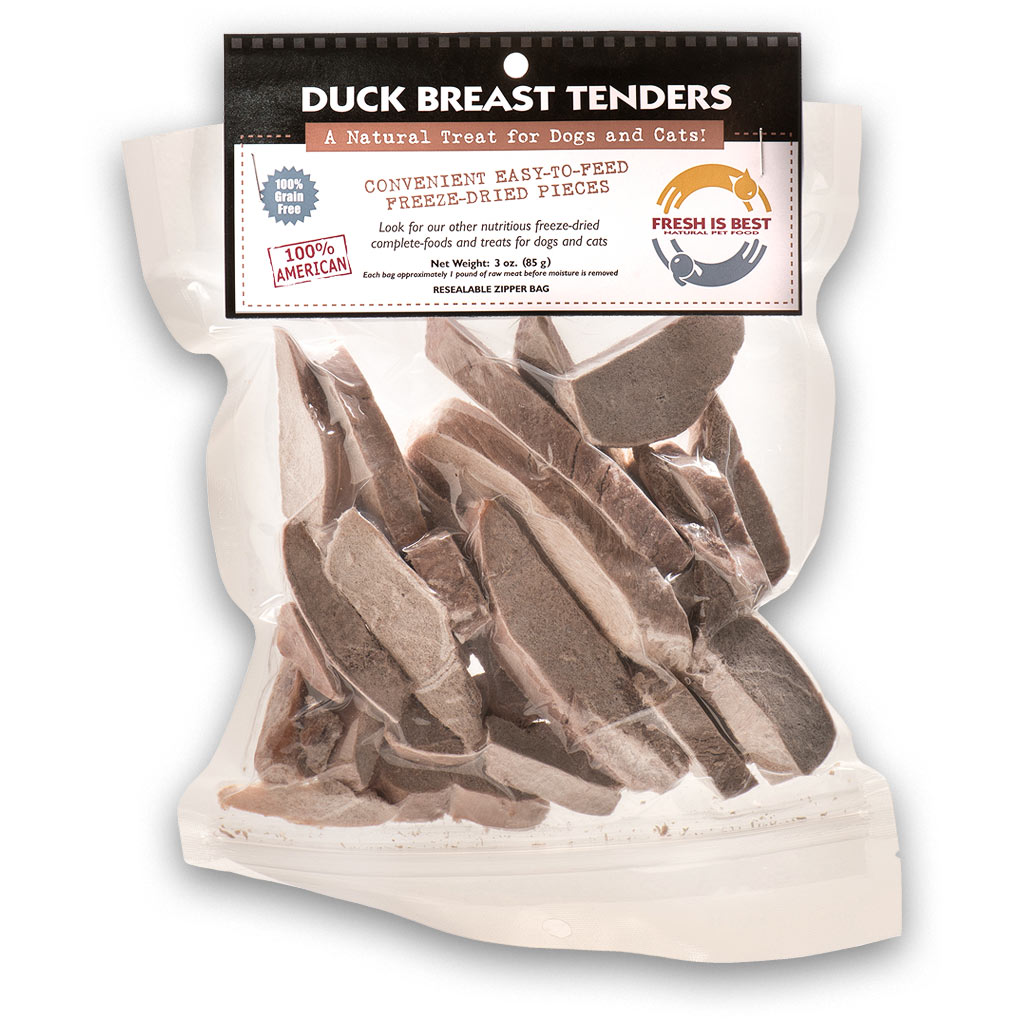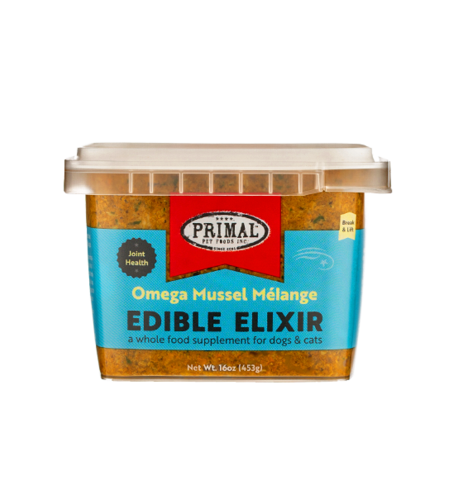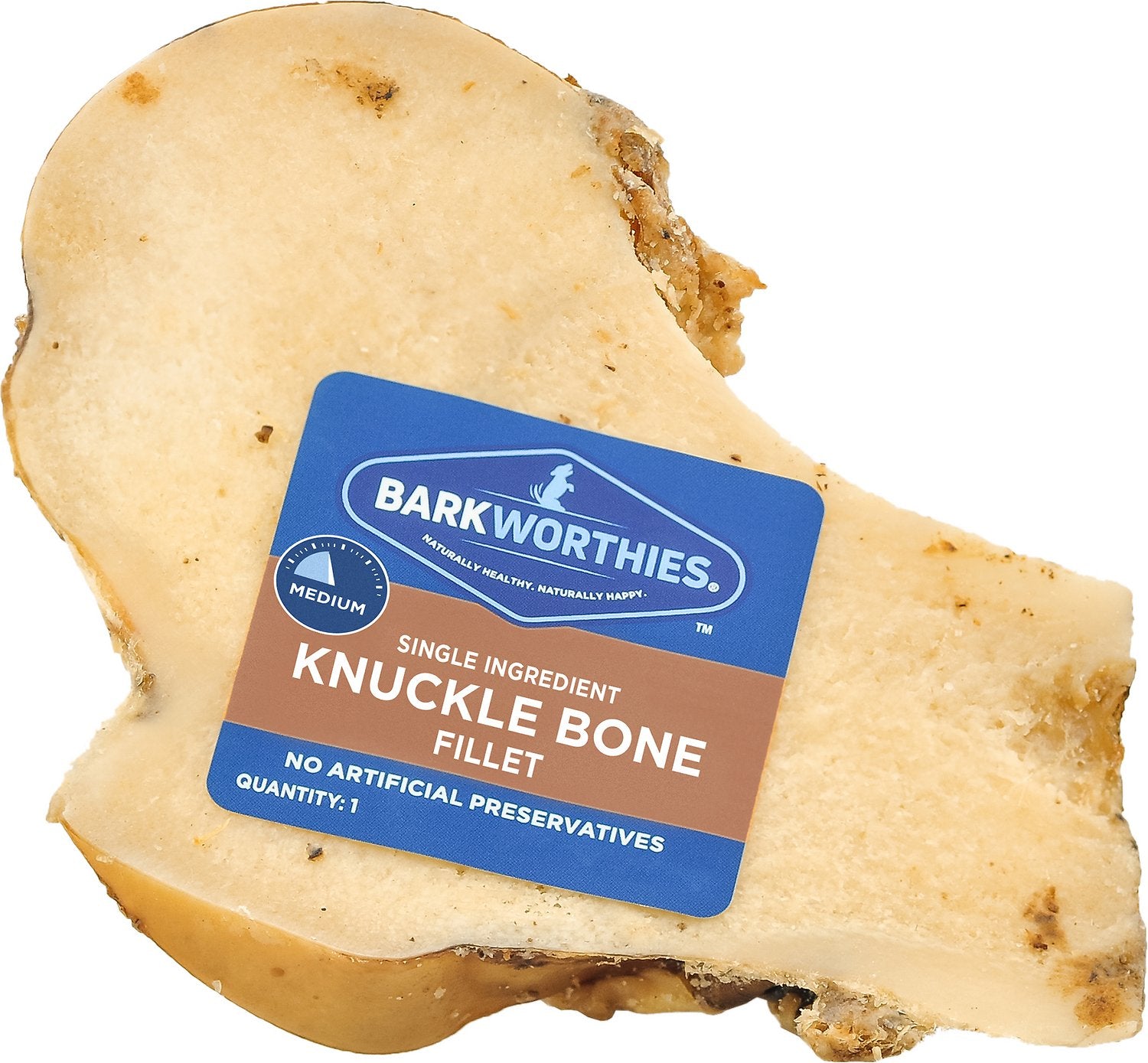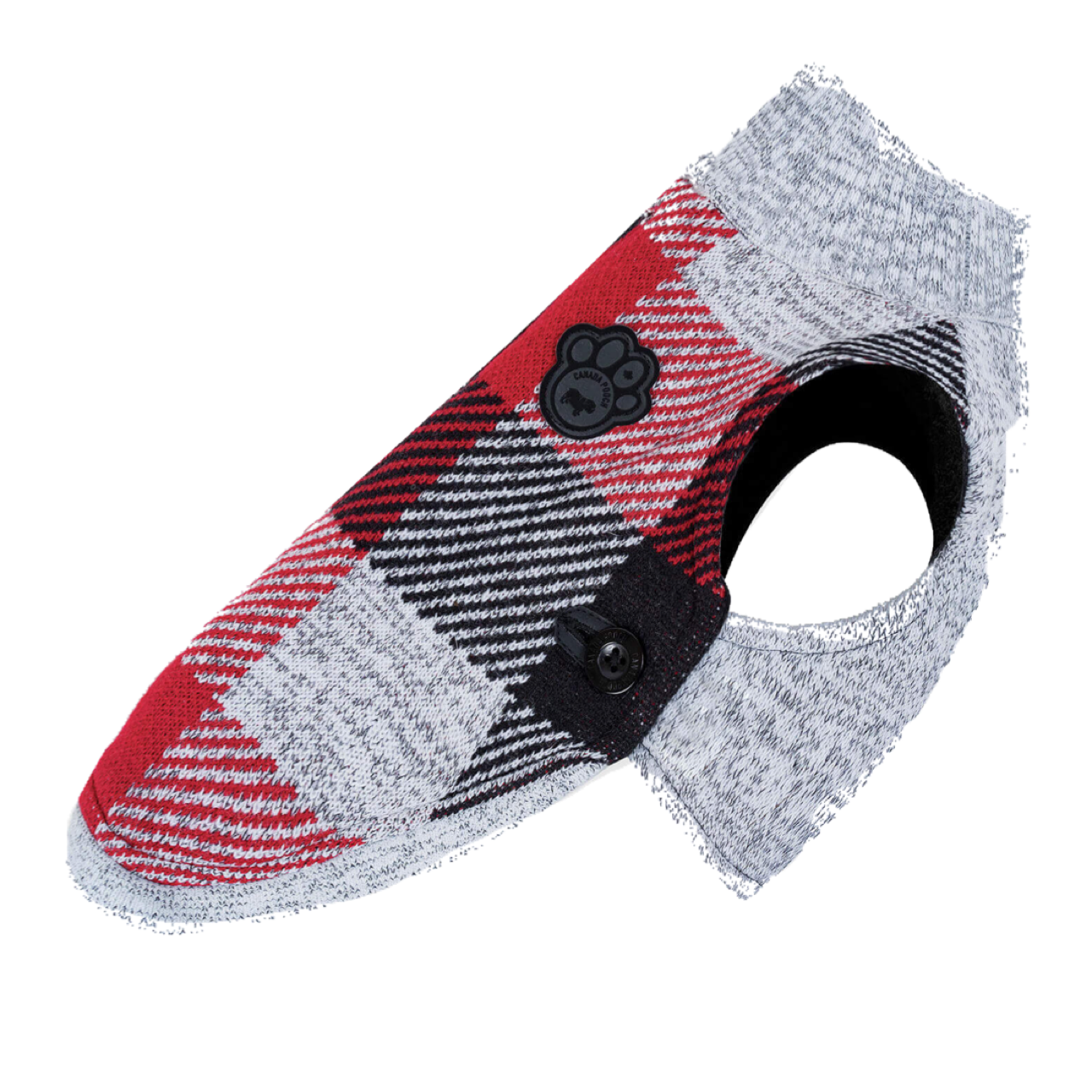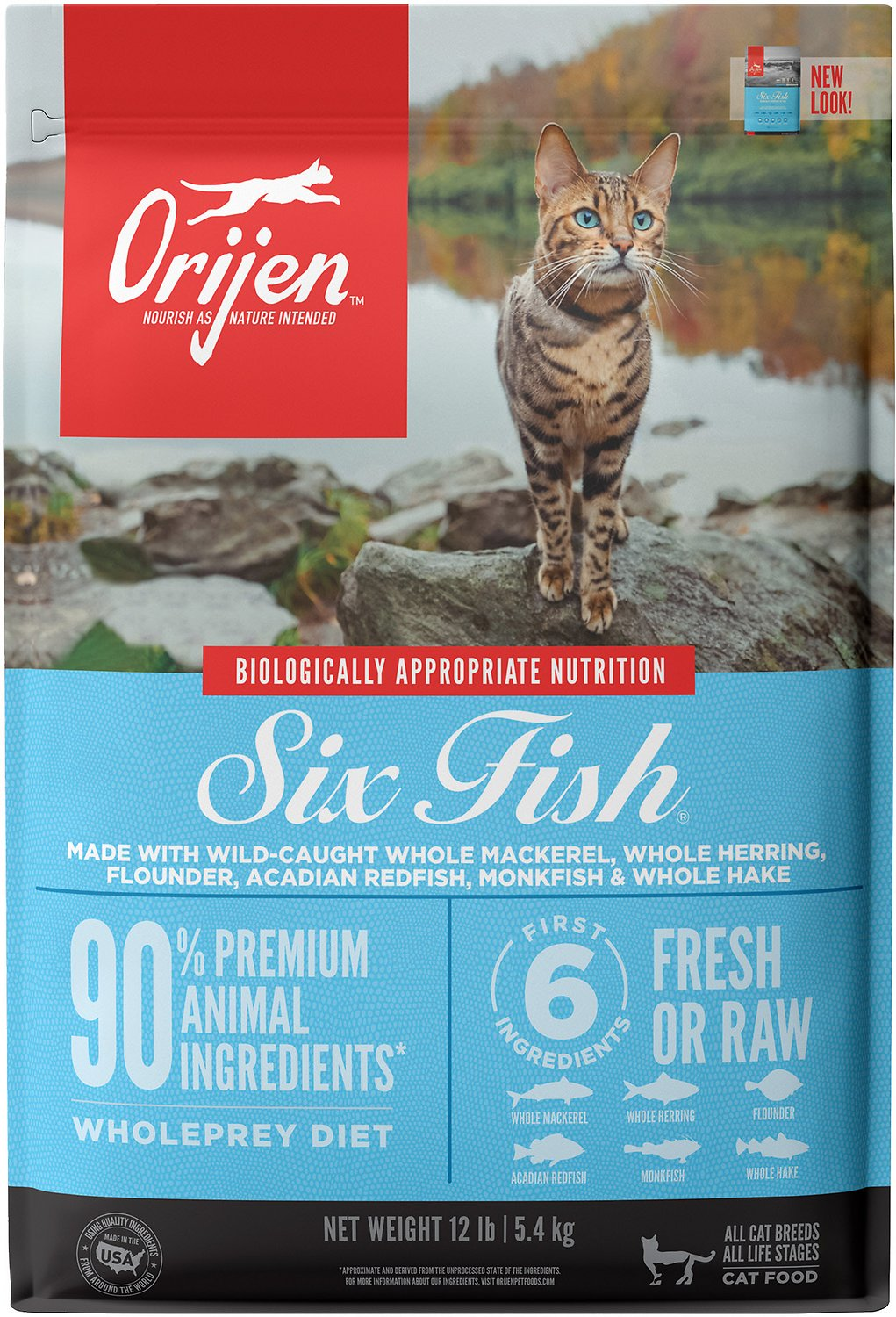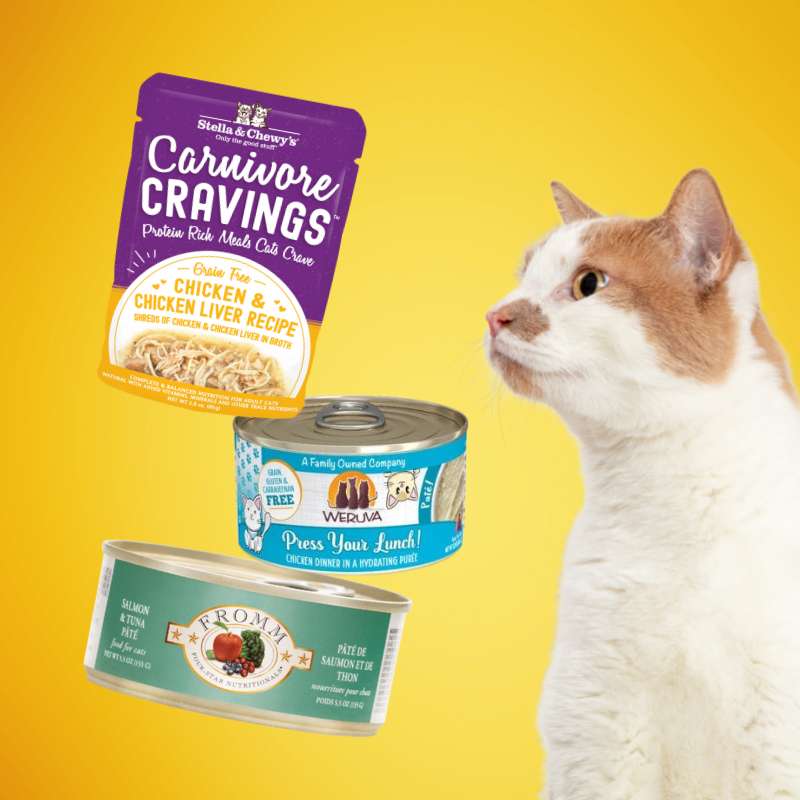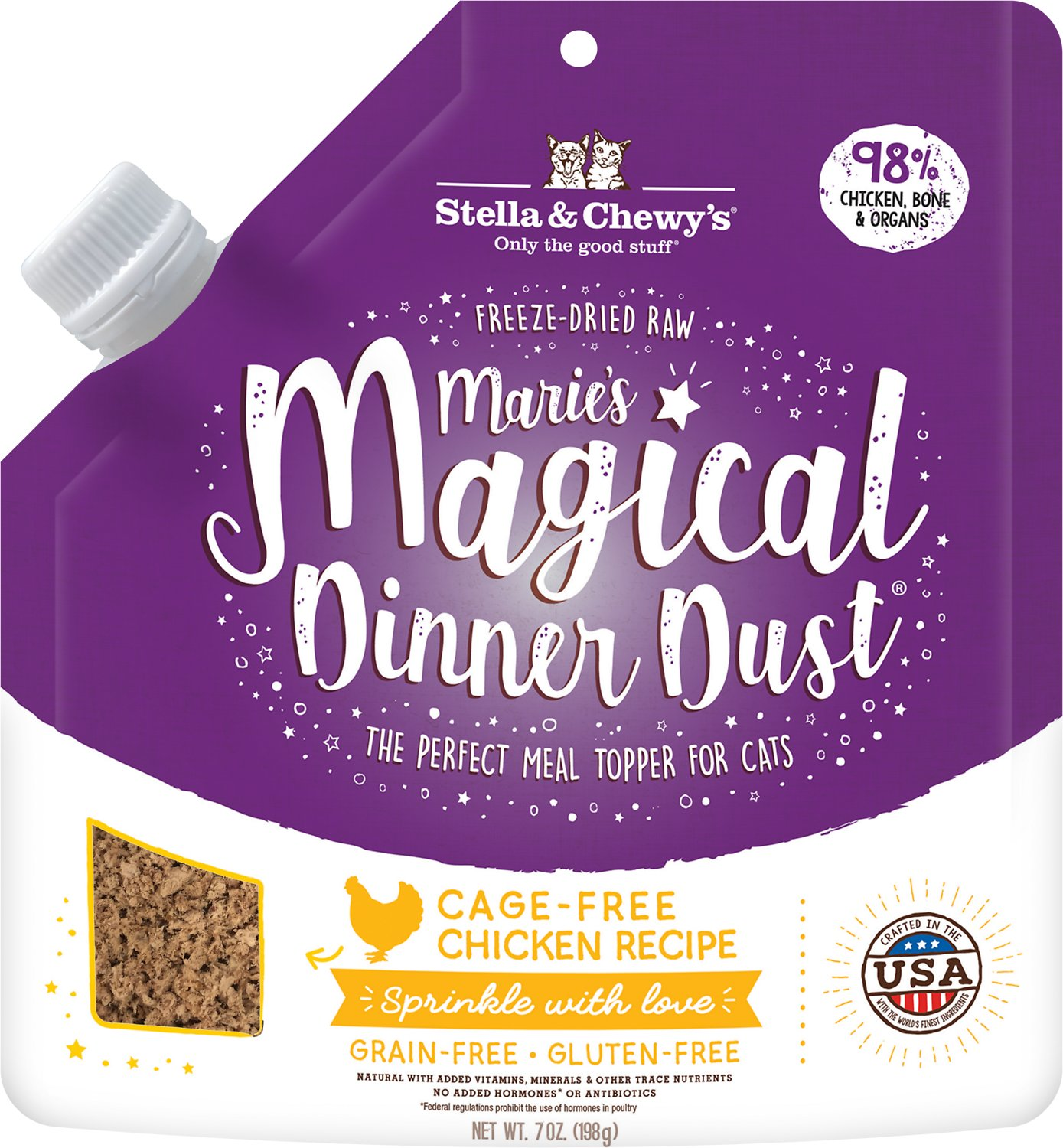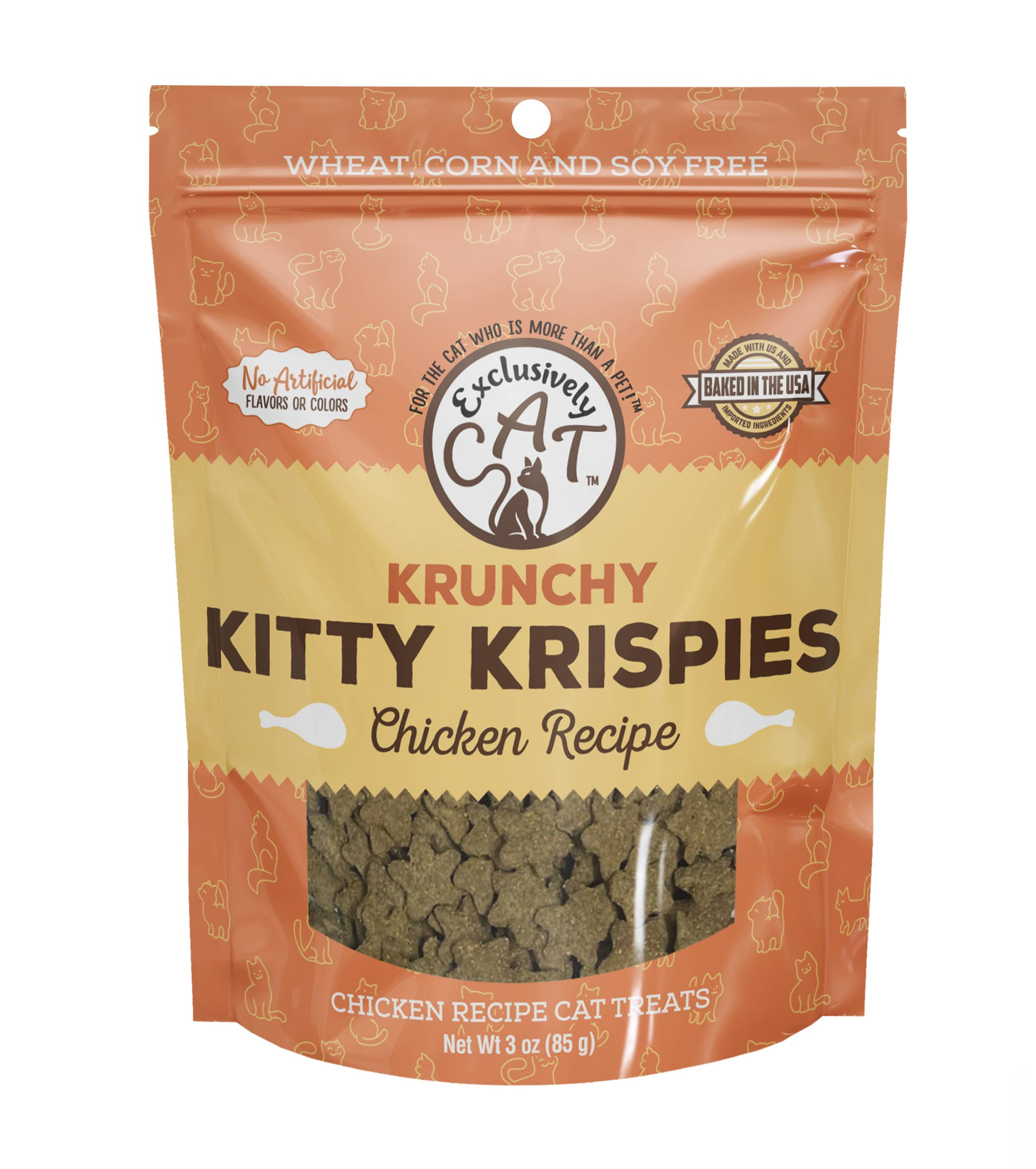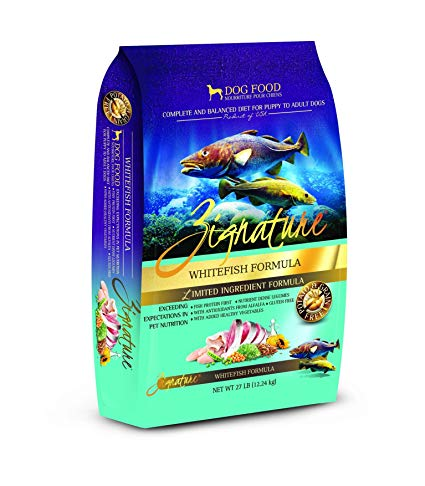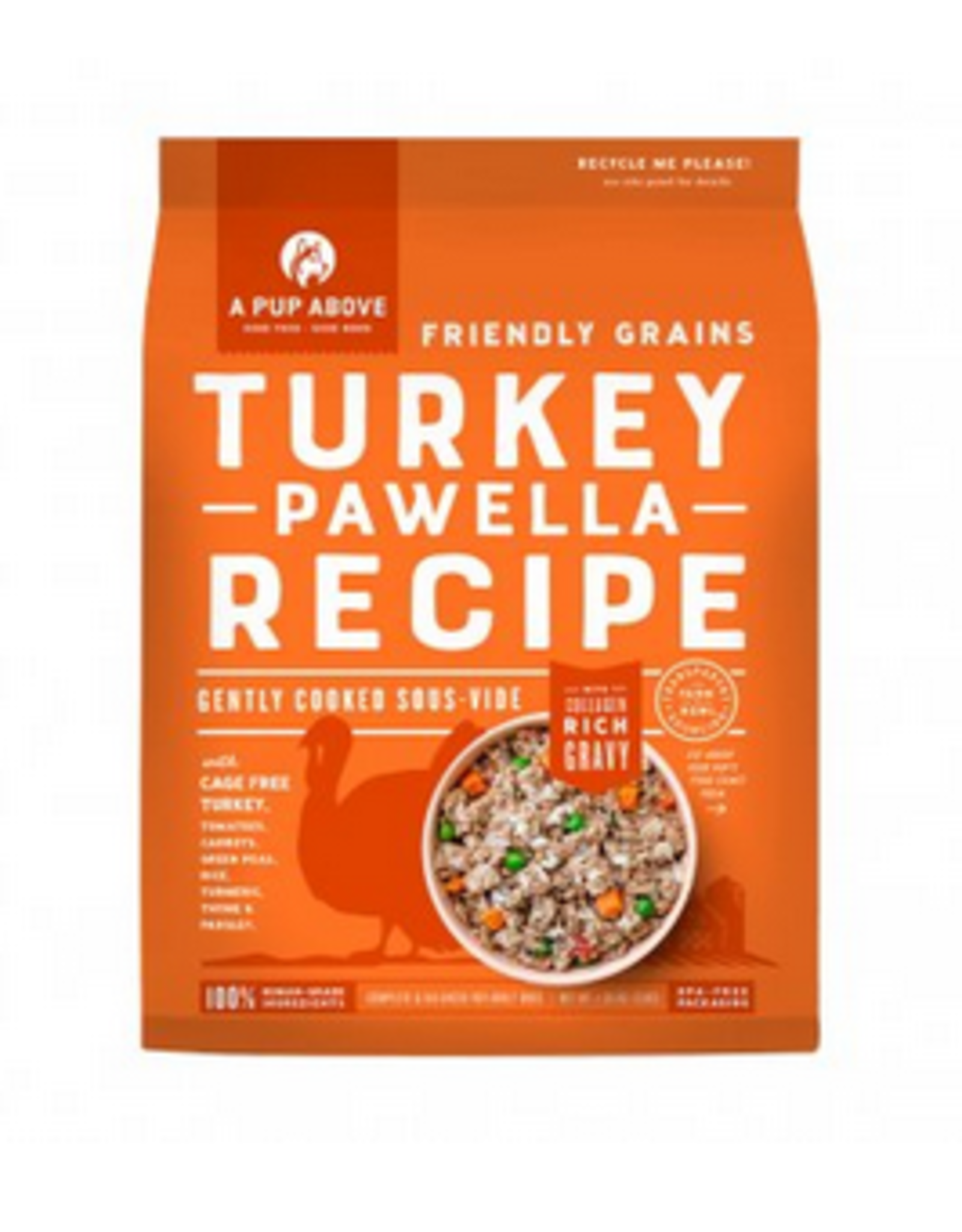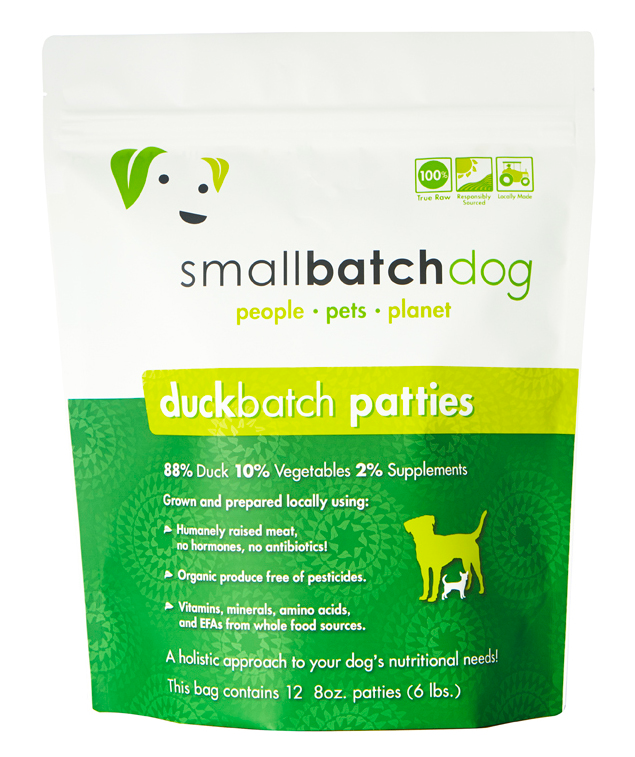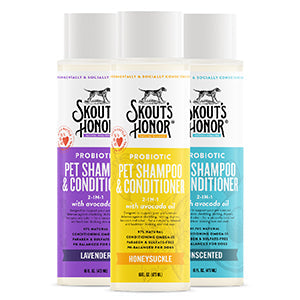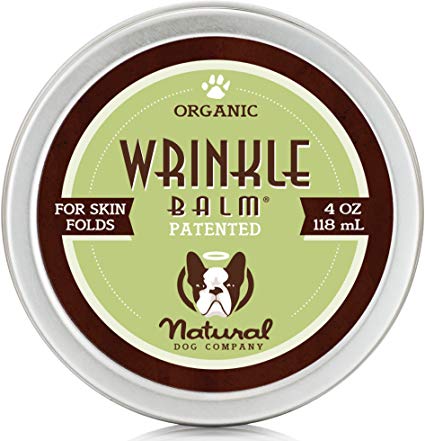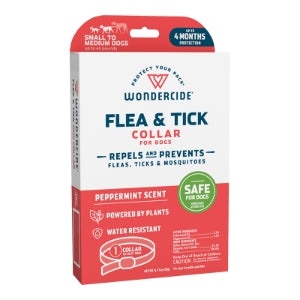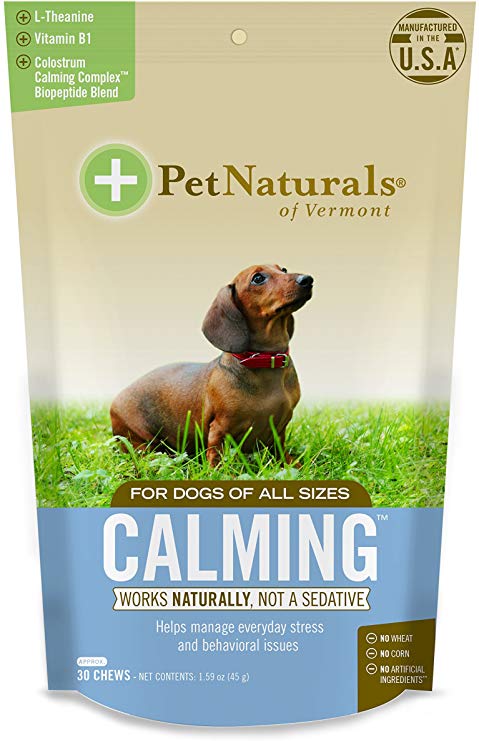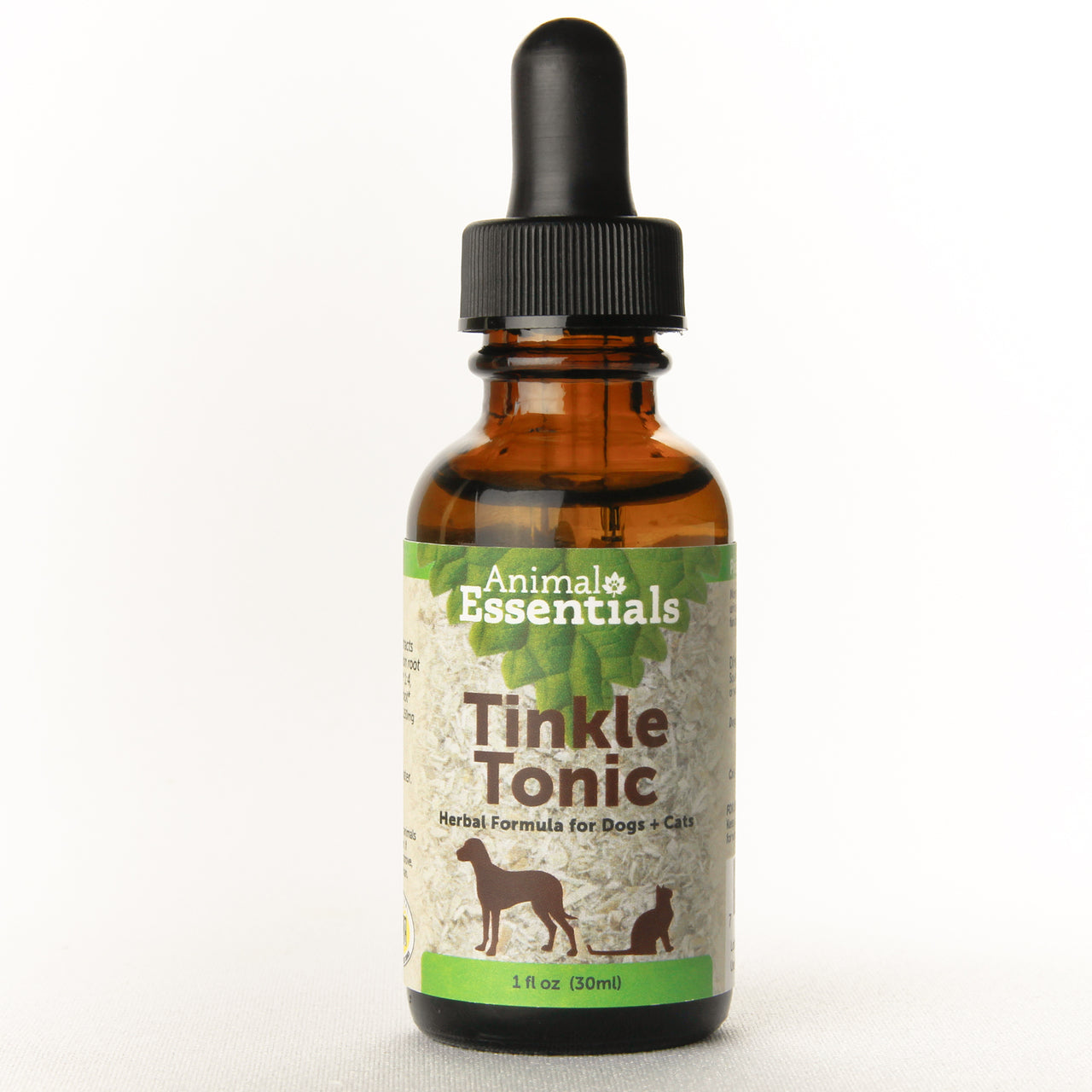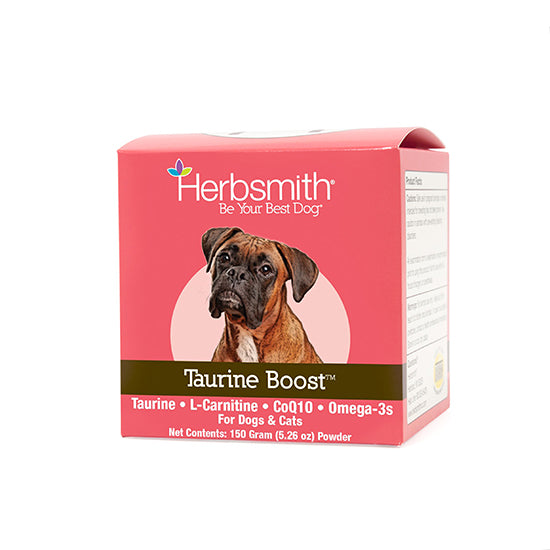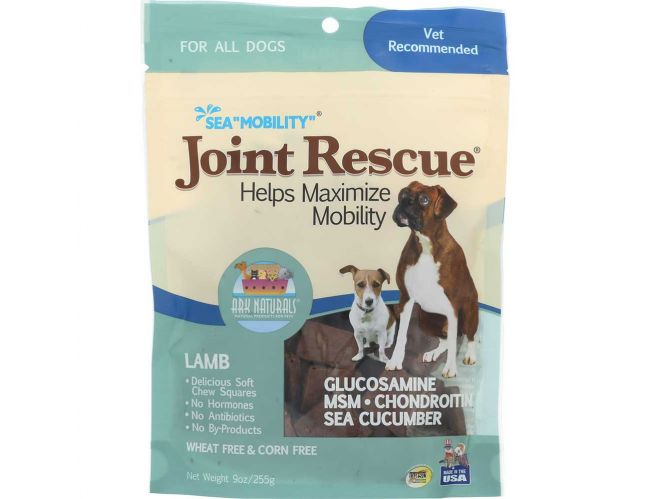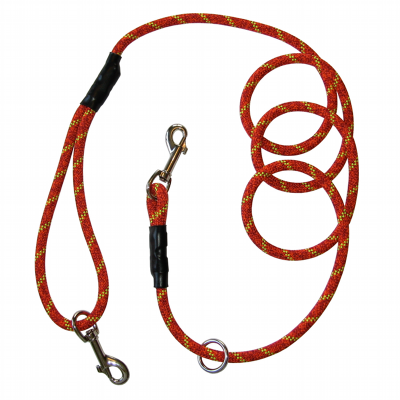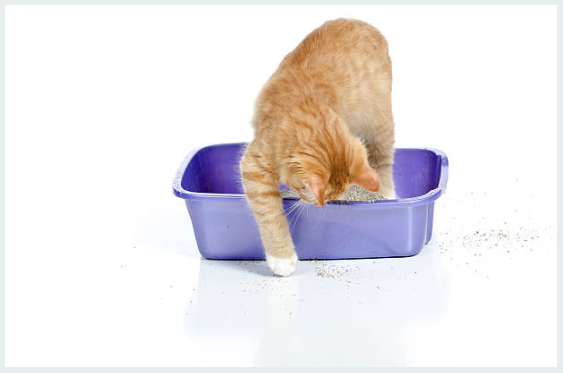Frequently Asked Questions
1. How does nutrition impact my pet's behavior?
2. What are the essential nutrients for pet health and behavior?
3. Why is food quality important for my pet?
4. Can feeding times influence my pet's behavior?
5. What should I do if I suspect my pet has food allergies?
Understanding the connection between nutrition and pet behavior can significantly improve the quality of life for both you and your furry companions. As pet owners, it’s essential to recognize that what we feed our pets can directly influence not only their physical health but also their behavior, mood, and overall well-being. In this article, we’ll explore how various nutritional factors impact your pet’s behavior and offer insights into creating a diet that promotes positive actions and emotions.
The Importance of Balanced Nutrition
A balanced diet is crucial for any living being, including our beloved pets. Just like humans, pets require an array of nutrients, including proteins, carbohydrates, fats, vitamins, and minerals, to function optimally. An imbalanced diet can lead to a variety of physical and mental health issues. Here are some key reasons why balanced nutrition matters:
- Supports Growth and Development: Proper nutrition is essential for growing puppies and kittens, ensuring they develop healthy physical and mental foundations.
- Enhances Immune Function: A diet rich in nutrients helps strengthen your pet's immune system, which can minimize illness and stress.
- Promotes Healthy Weight: Maintaining a healthy weight through balanced nutrition helps prevent behavioral issues linked to obesity, such as lethargy, aggression, or anxiety.
The Role of Diet in Behavior
There is a growing body of research indicating that nutrition plays a significant role in behavioral problems among pets. Here's how specific dietary factors can impact your pet's behavior:
Macronutrients, including proteins, fats, and carbohydrates, are fundamental to energy production and overall health. Imbalances in these nutrients can lead to specific behavioral changes:
- Proteins: Proteins are vital for building and repairing tissues and are the building blocks of neurotransmitters, which are crucial for mood regulation. A deficiency in quality protein can lead to anxiety and aggression.
- Fats: Healthy fats, such as Omega-3 and Omega-6 fatty acids, contribute to optimal brain function and emotional well-being. Lack of these fats can result in increased irritability and stress responses.
- Carbohydrates: Although often misunderstood, carbohydrates provide a significant source of energy for pets. A diet too high in simple carbohydrates can cause fluctuating energy levels, leading to hyperactivity or lethargy.
Micronutrients, including vitamins and minerals, play critical roles in maintaining brain health and behavioral balance. Certain deficiencies may exacerbate behavioral issues:
- B Vitamins: These vitamins are essential for numerous biological processes, including mood regulation and energy metabolism. Behavior changes are commonly observed in pets with B vitamin deficiencies.
- Minerals: Important minerals, such as zinc and magnesium, have been linked to behavioral stability. A deficiency in these minerals may result in anxiety, aggression, or compulsive behaviors.
The quality of the food you provide to your pet matters significantly. Here’s how food quality can influence your pet’s behavior:
- Ingredient Quality: High-quality, whole food ingredients ideally support better health and behavior. Avoid low-quality fillers that offer little nutritional value.
- Added Sugars and Preservatives: Foods high in sugar and artificial preservatives can negatively affect behavior. Pets consuming diets rich in sugar often exhibit hyperactivity and behavioral challenges.
- Special Diets for Specific Needs: Pets with specific health concerns often benefit from specialized diets that address their needs. For example, a pet with allergies could display behavioral problems due to discomfort; addressing those nutritional needs can lead to behavioral improvement.
When and how often you feed your pet can also influence behavior. Establishing a regular feeding schedule can create a sense of structure and security for your pets:
- Routine Benefits: Pets thrive on routine, and regular feeding times can help reduce anxiety and create predictability in their lives.
- Mealtime Behavior: Some pets can become anxious or aggressive due to an unpredictable feeding schedule. Keeping feeding times consistent helps mitigate these issues.
Staying hydrated is essential for your pet’s health and behavior. Dehydration can lead to various issues, including lethargy and increased irritability. Ensure your pet has constant access to fresh water, and consider their specific needs based on their activity level, age, and climate.
Some pets may experience behavioral changes due to food allergies or sensitivities. Observing changes in behavior or mood after introducing a new food can help identify potential triggers:
- Common Allergens: Allergens such as certain proteins or grains may cause discomfort, leading to stress or aggression.
- Elimination Diets: If you suspect your pet has food allergies, consider working with your veterinarian to conduct an elimination diet to identify and remove allergens from your pet’s diet.
In addition to a balanced diet, certain supplements may enhance your pet's mood and overall behavior. Omega-3 fatty acids, probiotics, and specific vitamins can all contribute positively to mental health:
- Omega-3 Fatty Acids: These beneficial fats support brain health and have been shown to reduce signs of anxiety in pets.
- Probiotics: A healthy gut microbiome can have a positive impact on mood and stress levels, promoting calmer behavior.
- Calming Supplements: Various natural supplements can help alleviate anxiety and stress in pets. Consult with your veterinarian to determine the best options for your pet.
As pets age, their nutritional needs and behaviors may change. Maintaining a proper diet becomes crucial for supporting cognitive function and stable behavior in senior pets:
- Senior Diets: Many pet food brands offer specialized diets targeted at older animals, which help maintain health and tackle behavioral issues associated with aging.
- Supplements for Cognition: Introducing specific supplements designed to support cognitive function can positively influence behavior.
Now that we understand the connection between nutrition and behavior, here are some actionable tips for developing a nutrition plan for your pet:
- Consult a Veterinarian: Start by discussing your pet’s dietary needs and any behavioral concerns with your vet. They can help you create a tailored nutrition plan.
- Choose Quality Ingredients: Look for high-quality pet foods that prioritize whole ingredients without fillers, artificial colors, or preservatives.
- Monitor Portions: Ensure you’re feeding the right portions for your pet's age, weight, and activity level to prevent obesity and associated behavioral issues.
- Regular Feeding Times: Establish a routine around feeding times for stability and predictability.
In addition to focusing on nutrition, consider the whole picture of your pet’s health. Incorporate regular exercise, mental stimulation, and veterinary check-ups to enhance overall well-being:
- Regular Physical Activity: Daily walks, playtime, and interactive toys stimulate your pet mentally and physically, contributing to better behavior.
- Mental Engagement: Engage your pet's mind with puzzle toys, training sessions, and providing opportunities for socialization with other pets or people.
- Regular Veterinary Visits: Regular check-ups ensure your pet remains in good health, as many behavioral problems stem from undiagnosed conditions or pain.
In conclusion, the connection between nutrition and pet behavior is profound and multifaceted. By understanding how dietary choices influence your pet's mood and actions, you can tailor their nutrition to promote a happier, healthier, and more balanced life. Remember, each pet is unique, so it’s essential to work closely with your veterinarian to create a personalized approach that meets their specific needs and fosters positive behavior. A well-fed and well-nourished pet is a joy to have, and improved behavior can strengthen the bond between you and your beloved companion.


